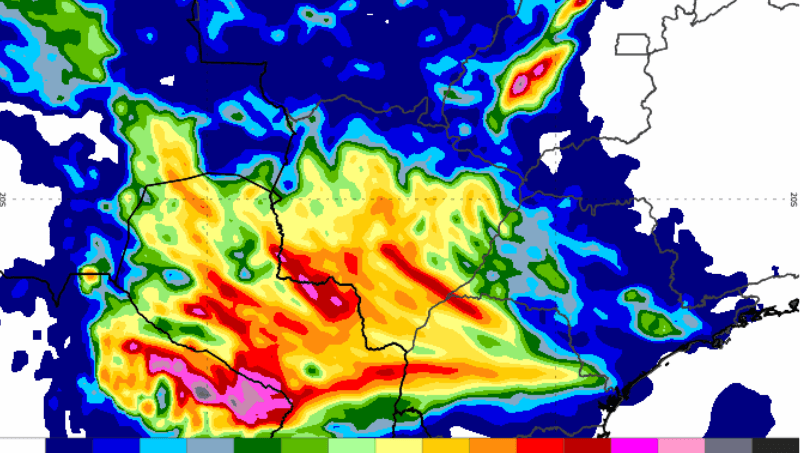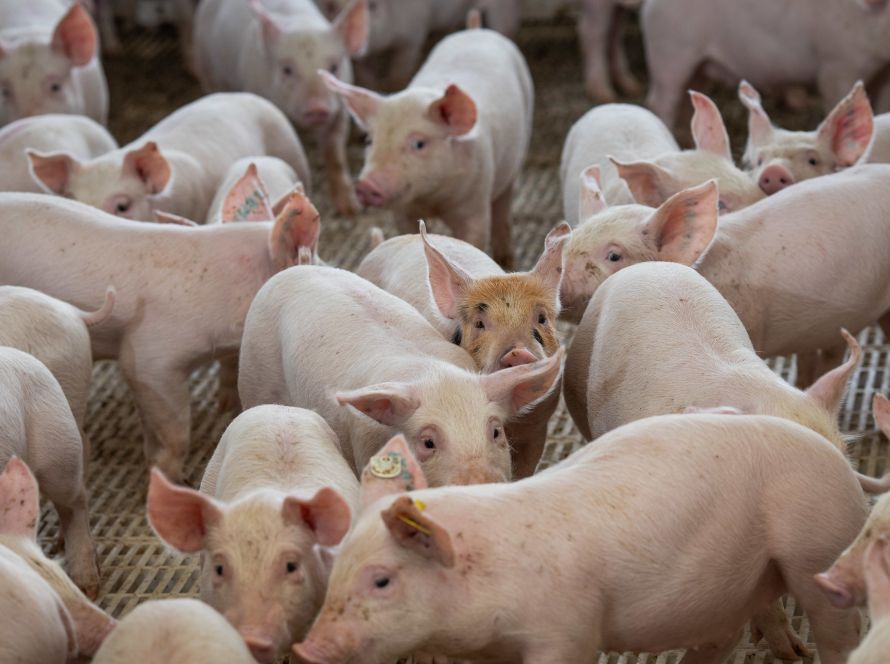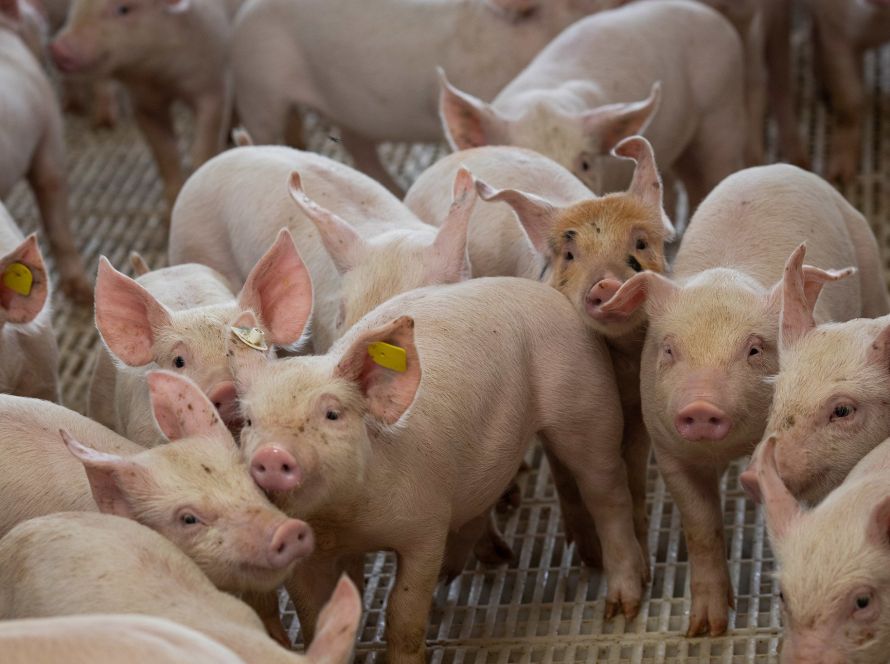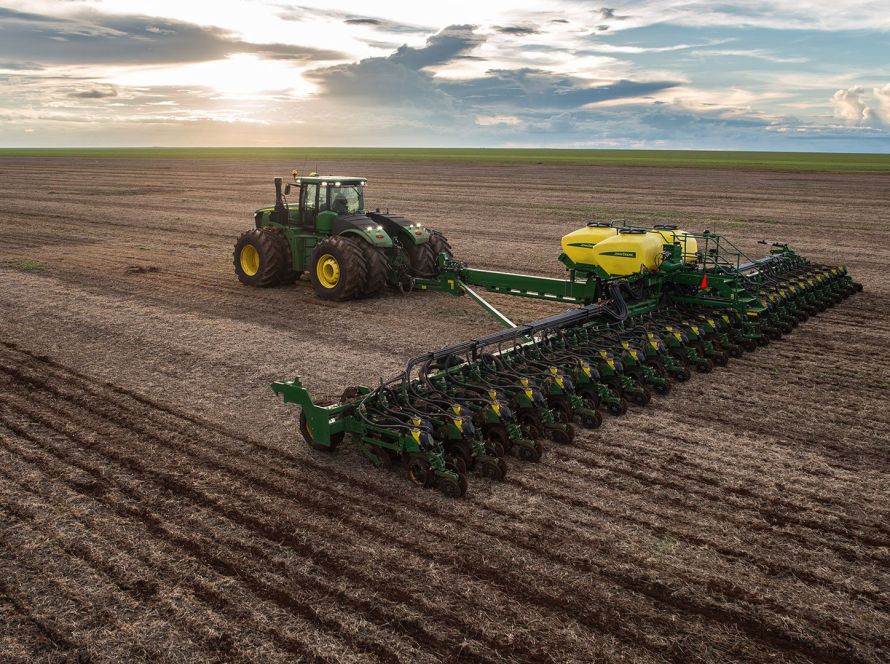The inauguration of the technological garden and the revitalization of the fish farming station "Mais Vida" of the Mixed Research and Innovation Unit (Umipi) of the Brazilian Agricultural Research Corporation (Embrapa) took place last Saturday morning (16). The ceremony was held by the Minister of Agriculture and Livestock, Carlos Fávaro, in the municipality of Nossa Senhora do Livramento, in Mato Grosso. "Here we will develop technologies, now for fish farming, training, development in research on gardening, producing food on small properties. We will make great opportunities here for the transformation of this production", highlighted Minister Fávaro at the event.
The fish farming station project is a partnership between the Ministry of Agriculture and Livestock (MAPA) and the Federal Institute of Mato Grosso (IFMT). It aims to boost fish farming in the region by providing technical support and innovation to local producers, offering instruction and training courses. It also provides free fingerlings to riverside communities, quilombolas, and indigenous people enrolled in federal government programs with fish farming infrastructure, and to family farmers, with funding. The expectation is to provide approximately 1,500 families with 1,000 fingerlings each.

Photo: Disclosure/CNA
IFMT's rector, Julio Santos, explained that the revitalization of the space took place in 90 days thanks to everyone's hard work, following Minister Fávaro's invitation for the Institute to partner with MAPA and EMBRAPA. "The minister told us we want IFMT to take on the responsibility of digitizing and operationalizing the fish farm in the municipality of Livramento to bring income, quality of life, and job creation to the people of Baixada Cuiabana. And we accepted this invitation," Santos said.
On this occasion, the plaque marking the station's inauguration and the reopening of the fry laboratory were unveiled, along with a symbolic demonstration of fry feeding in one of the fish farm tanks. Minister Carlos Fávaro also presented a plaque honoring Edmundo Taques, the pioneer in the creation of the fish farm in the state of Mato Grosso.
Fávaro explained that the next step toward local development through Embrapa has already been taken. "This first phase involves the inauguration and revitalization of the fish farming unit, and we will now issue the work order to build the training center. R$ 48 million will be invested in this facility. As research progresses, and resources are brought in from the other 43 Embrapa units in Brazil, across all regions, we will specifically bring in training for our producers here in Baixada Cuiabana and the state of Mato Grosso," the minister stated.
The launch of the first technological garden of the Food Project was also carried out, being the third garden of the Project, a partnership between Mapa and the Mato-Grossense Association for Social Inclusion and Family Farming (Amais) that seeks to promote the cultivation of vegetables and legumes in a more efficient and sustainable way, encouraging healthy eating and reinforcing the Federal Government's commitment to strengthening the production of family farmers and agricultural development in the region.
 "One of the greatest goals of President Lula's administration is the eradication of hunger. That's why he created the urban gardening program. And here we call it food. Here, within this research center, we will develop applied technologies specific to the microclimate of the Baixada Cuiabana. It's a technological project, a project of inclusion and combating hunger, and therefore, a social project that we are very proud to be implementing," Minister Carlos Fávaro emphasized.
"One of the greatest goals of President Lula's administration is the eradication of hunger. That's why he created the urban gardening program. And here we call it food. Here, within this research center, we will develop applied technologies specific to the microclimate of the Baixada Cuiabana. It's a technological project, a project of inclusion and combating hunger, and therefore, a social project that we are very proud to be implementing," Minister Carlos Fávaro emphasized.
Currently, the project serves more than 900 families directly and indirectly through partner institutions, which periodically receive vegetables grown in the gardens. In Mato Grosso, the gardens are located in the municipalities of Várzea Grande, Cuiabá, and now, Nossa Senhora do Livramento. Participating in the ceremony were Irajá Lacerda, Deputy Secretary of the Ministry of Agriculture, Livestock and Supply (MAPA); Laurimar Vendrusculo, Head of Embrapa Agrosilvopastoril; Thiago Almeida, Mayor of Nossa Senhora do Livramento; and other authorities and political representatives.





